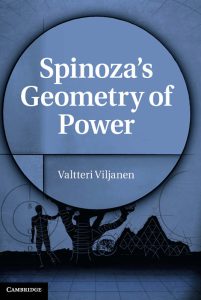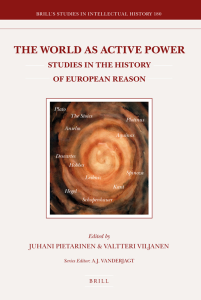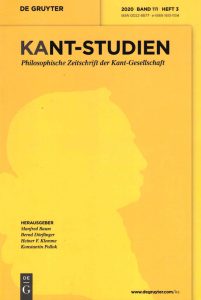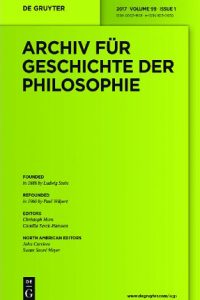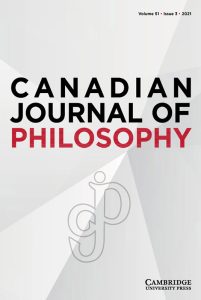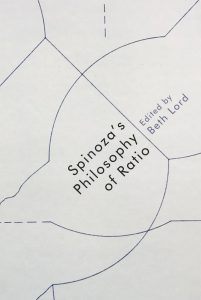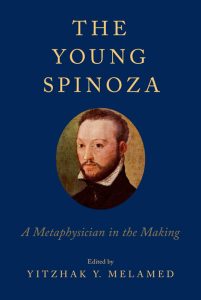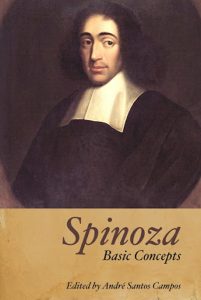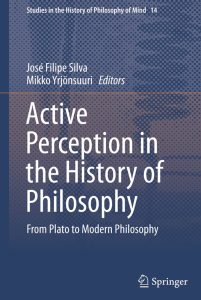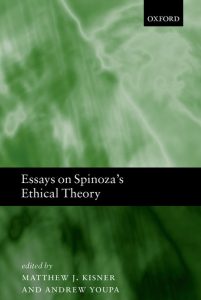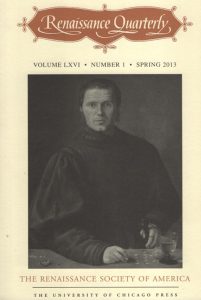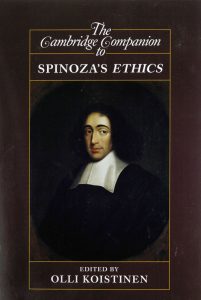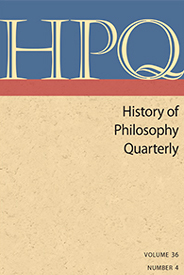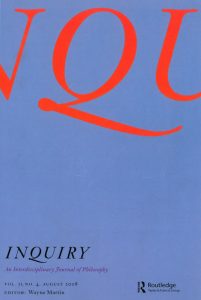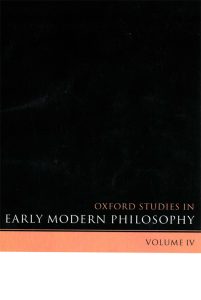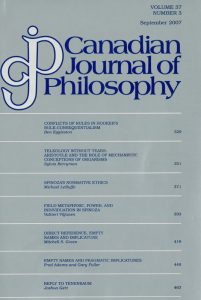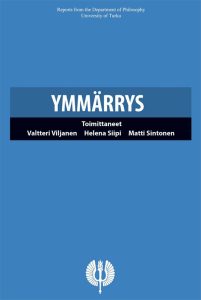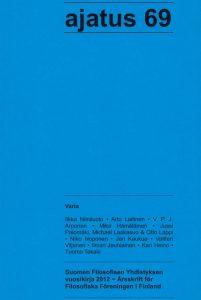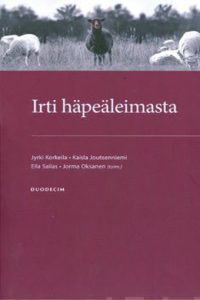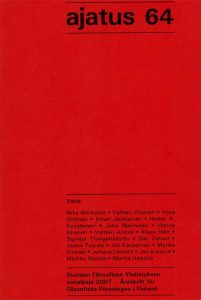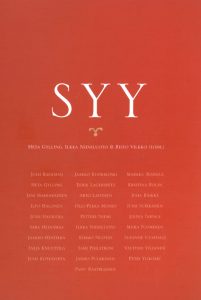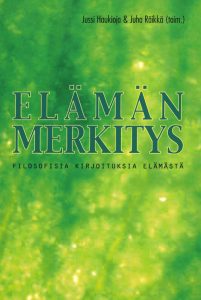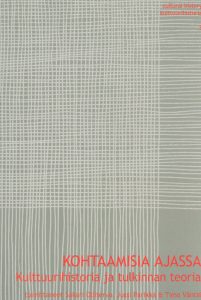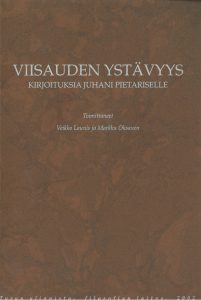Studies in the History of European Reason
Series: Brill’s Studies in Intellectual History, Volume 180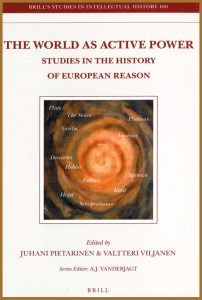
Edited by Juhani Pietarinen and Valtteri Viljanen
Leiden: Brill, 2009
What is the ultimate explanatory factor for the existence of the world, for all its changing phenomena and the enduring order found in it? In the history of Western thought, we can find a longstanding philosophical tendency to answer this question in terms of power: the universe is understood as an ordered whole produced by a rational power, that is, by the power of reason. That power is thought to be active in the sense of being capable of existing and acting ‘in itself’ as an infinite, eternal, and unchangeable cause of the world.
The essays in this collection discuss the idea of active power in the world-explanations of Plato, the Stoics, Neoplatonism, early and late medieval scholasticism, Descartes, Hobbes, Spinoza, Leibniz, Kant, Hegel, and Schopenhauer.
Available Resources
“The essays span from the classical era to the Early Modern period. However, there is a lot in this book to interest the early medieval scholar. … The World as Active Power: Studies in the History of European Reason constitutes an advance in the field of the history of ontological thought. The topics … are well considered and each paper flows on from the previous one. It is well written but not always easy to read; however this is due to the complex subject matter rather than unnecessarily complex language. It is an excellent addition to the going discussion on the history of ontological thought and it is well worth reading.” [Full review.]
Tessa Morrison, University of Newcastle, Journal of the Australian Early Medieval Association


